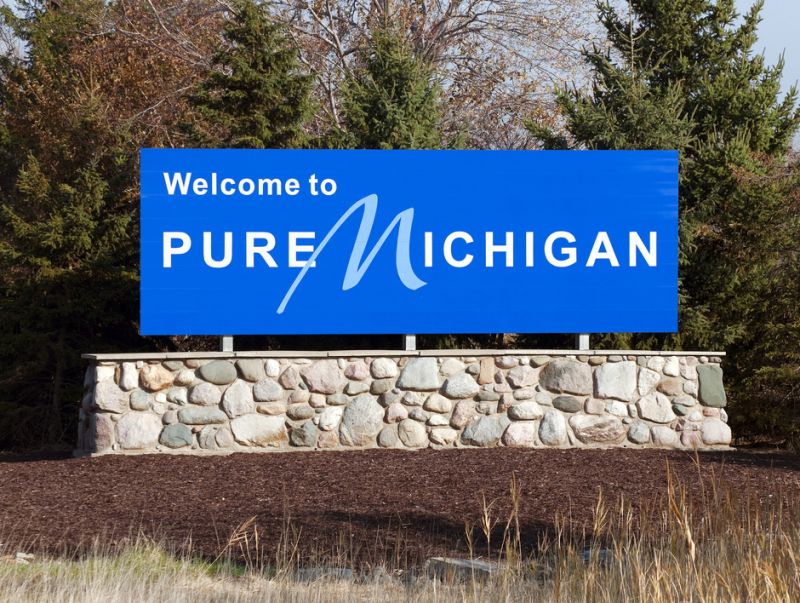
Rick Steele/ZUMAPress
The 2012 presidential campaign and the fights for the House and Senate were filled with talk of “legitimate rape,” reproductive rights, and a “war on women.” But now that the campaigns are over, the legislating is just beginning—and in 2013, women in states across the country will face even more new restrictions on abortion.
2011 was a huge year for anti-abortion legislation, with 92 new restrictions passing in states around the country. Although anti-choice legislatures weren’t as prolific in 2012, they still managed to pass 43 new laws that make it harder for women to get an abortion, according to a tally by the Guttmacher Institute, a leading abortion rights group. A number of regulations from state agencies have also started going into effect, further reducing access in some states.
“They are relentless in their efforts to ultimately overturn Roe v. Wade,” NARAL Pro-Choice America President Nancy Keenan told Mother Jones, noting that 21 states have legislatures and governors that oppose abortion rights. “It’s tough to stop anything when the entire government is controlled by anti-choice politicians. In those 21 states, it’s going to be heartbreaking to watch what they’re going to advance the next legislative cycle.”
Here are five states to watch in 2013:
Mississippi: Mississippi lawmakers passed a new law back in April requiring all doctors who provide abortions to have admitting privileges at a local hospital. Given the strongly anti-abortion bent in the state, hospitals have all refused to grant those privileges. The resulting crisis may lead to the closure of the state’s last abortion clinic, the Jackson Women’s Health Organization—just as lawmakers hoped. The clinic was given until January 11 to try to come into compliance with the new law, but now it’s clear that it can’t, so the Center for Reproductive Rights has asked the judge to declare the law unconstitutional. Both sides are expected back in court in early 2013.
Virginia: In September, Virginia’s Board of Health voted to require all abortion clinics in the state to comply with strict new building codes, backtracking from an earlier vote that would have grandfathered in existing clinics. The rules mean that many clinics would need to make expensive upgrades to their facilities, or could be forced to close entirely. Gov. Bob McDonnell signed off on them last month, and they will now undergo another public comment period and Board of Health vote. Meanwhile, Attorney General Ken Cuccinelli—who blocked the attempt to protect existing clinics from the new rules—is the GOP front-runner in the 2013 governor’s race.
Texas: Where to start on Texas? The state defunded Planned Parenthood, and already requires women seeking abortions to have invasive sonograms or listen to the fetus’ heartbeat. Next year promises even more anti-choice initiatives. Texas plans to begin collecting information about women seeking abortions and the doctors who provide them next year—a move that critics say is an invasion of privacy. In December, Gov. Rick Perry said he will support a ban on all abortions after 20 weeks’ gestation next year, in pursuit of his desire “to make abortion at any stage a thing of the past.” And lawmakers in the state are also already talking about restricting medication abortions next year.
Arizona: In April, Arizona passed a new law banning most abortions after 20 weeks. Although Arizona was the sixth state to pass one of these so-called “fetal pain” laws, the legislation was notable in that it was more restrictive than previous versions, as it actually banned abortions two weeks earlier than other states. The Center for Reproductive Rights and the ACLU filed suit, but a judge upheld the law. CRR appealed to the Ninth Circuit Court of Appeals, which granted a stay while it considers the arguments. The outcome will likely be determined sometime in 2013.
North Dakota: The state House passed a “personhood” measure in 2011. HB 1450 would “recognize the value and dignity of every living human being,” according to state Rep. Dan Ruby. It didn’t pass the Senate, however. But the North Dakota Legislature only meets every other year, so they’ll be back in 2013 and will probably have some new anti-abortion legislation ready to go.














